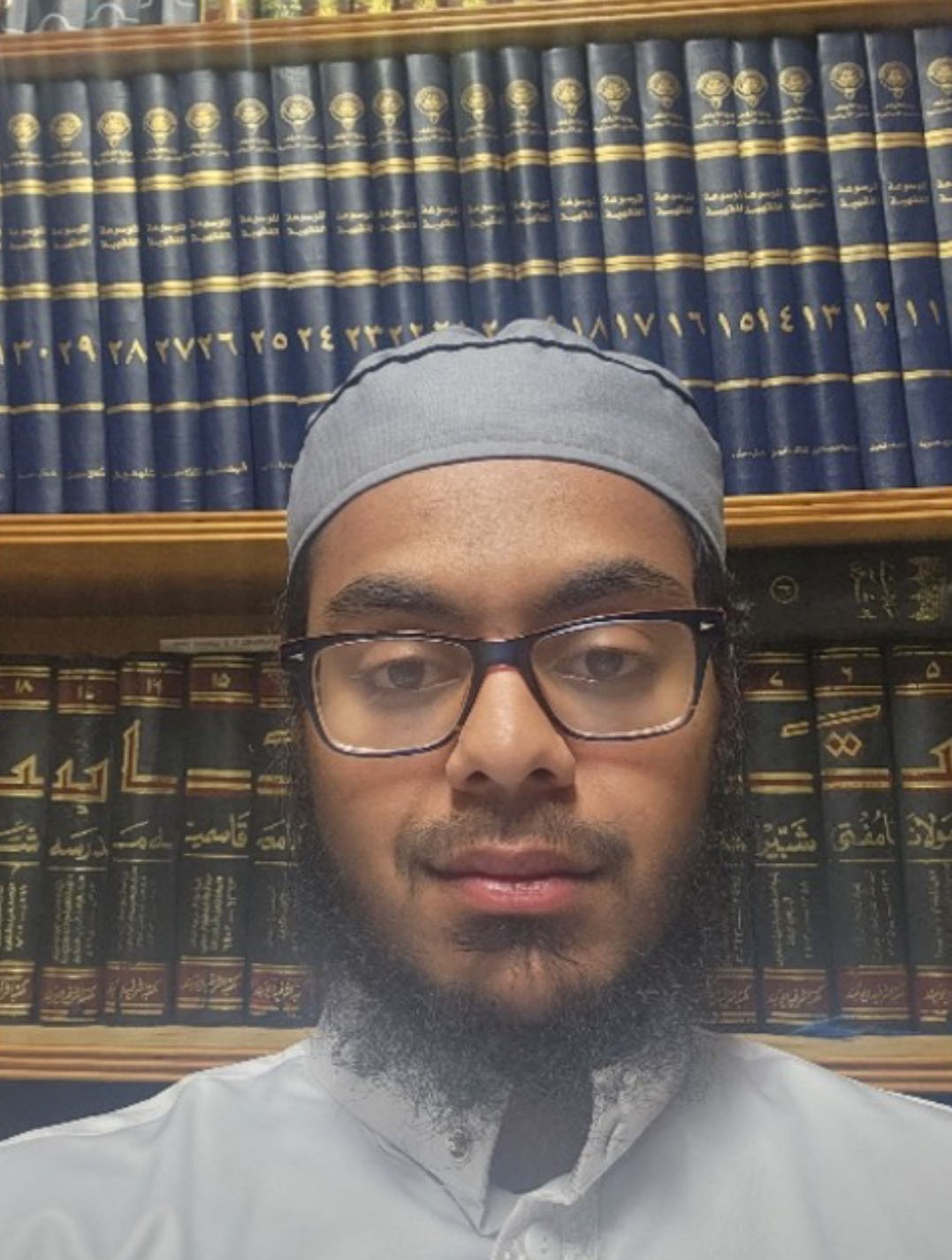I met with Imam Mohammed Biwas (Imam Fahim) on the second floor of the Student Union, took off my shoes and entered the carpeted room that is home to the Muslim Student Association (MSA). Arabic script circled the upper trimming of the wall, which he told me were some of the 99 attributes of God.
The room was generally silent when we entered, but as the interview went on, more and more people shuffled in, often happily greeting Imam Fahim. After taking a moment to pray, we sat cross-legged on the carpet and began to speak.
Imam Fahim is a Queens native and was hired by Queens College to serve the campus community in various ways, from serving Muslims on campus to representing Islam to the broader college community.
Regarding the decision to fill this position, Jennifer Jarvis, Vice President for Student Affairs and Enrollment Management, said, “The role was filled following the retirement of the former advisor, Dr. Ali Mermer, after thirteen years of service.”
Imam Fahim didn’t always expect to be where he is today, though.
“I think that’s everybody, right? As a child, everyone wants to become a basketball player, a firefighter…” In the end, he credits “the predestination of God” to have brought him to his current role.
“The biggest thing that I saw, personally, in my own community, I did see that many Muslims were suffering from this thing known as identity crisis,” he told me. “Building that bridge is one of my responsibilities, you can say, to ensure that they don’t have that identity crisis, that they can be confident Muslims in this country.”
A large part of his ministry lies in empowering Muslims in the Western world in the face of stereotypes and Islamophobia. He recounted teaching students in their early teens and telling them, “You guys are Muslim and you should be proud to be Muslim.”
“You have stereotypes and Islamophobia, which is actually all just propaganda. Like, they believe in XYZ, all that stuff. In reality, that’s not what Muslims are, this is what a real Muslim is: he’s a constructive part of society,” he said.
Imam Fahim also spoke about the tension between students and faculty on campus, “There are stuff that the Muslims are doing that aren’t, you know, proper, and there are stuff that Queens College is doing that Muslims aren’t so happy about.”
“I taught them that, listen, there is a saying of one of the Sahabah,” he recounted, “where you should be a flower who gives his scent out to the person that crushes it. In other words, that even if you’re being oppressed, even if you’re being the one that has the right of speaking out, even if that’s the case, you should still show good etiquette, show good character, and follow the rules. Because at the end of the day the truth is going to come. Truth is always going to come and things that are wrong are also going to be nullified.”
“These times we have to be together,” he told me. His main goal is to “unite Muslims, we don’t see unity at all. It’s going to take time, inshallah.”
This disunity, he said, was due to a lack of leadership for a long time.
“There was a lack of chaplaincy for a whole year and a half,” he explained, “and I talked with other chaplains from other places and they said that yeah, that’s what happens. When you have a family running, an MSA running, and everybody knows each other, then everybody is going to do their own thing and they’re not united.”
Despite these challenges, he has hope in the capacity of the Quran to create unity.
“If I take some random kid from Mauritania and I take some random kid from China and I tell them to recite the Quran — they don’t even speak the same language! — and one makes a mistake, he’s going to correct him,” he explained, “The Quran is supposed to unite the Muslims, so you have people from Southern Africa all the way to Southern America, where there’s a whole sea dividing them, but they’re both speaking the same language.”











